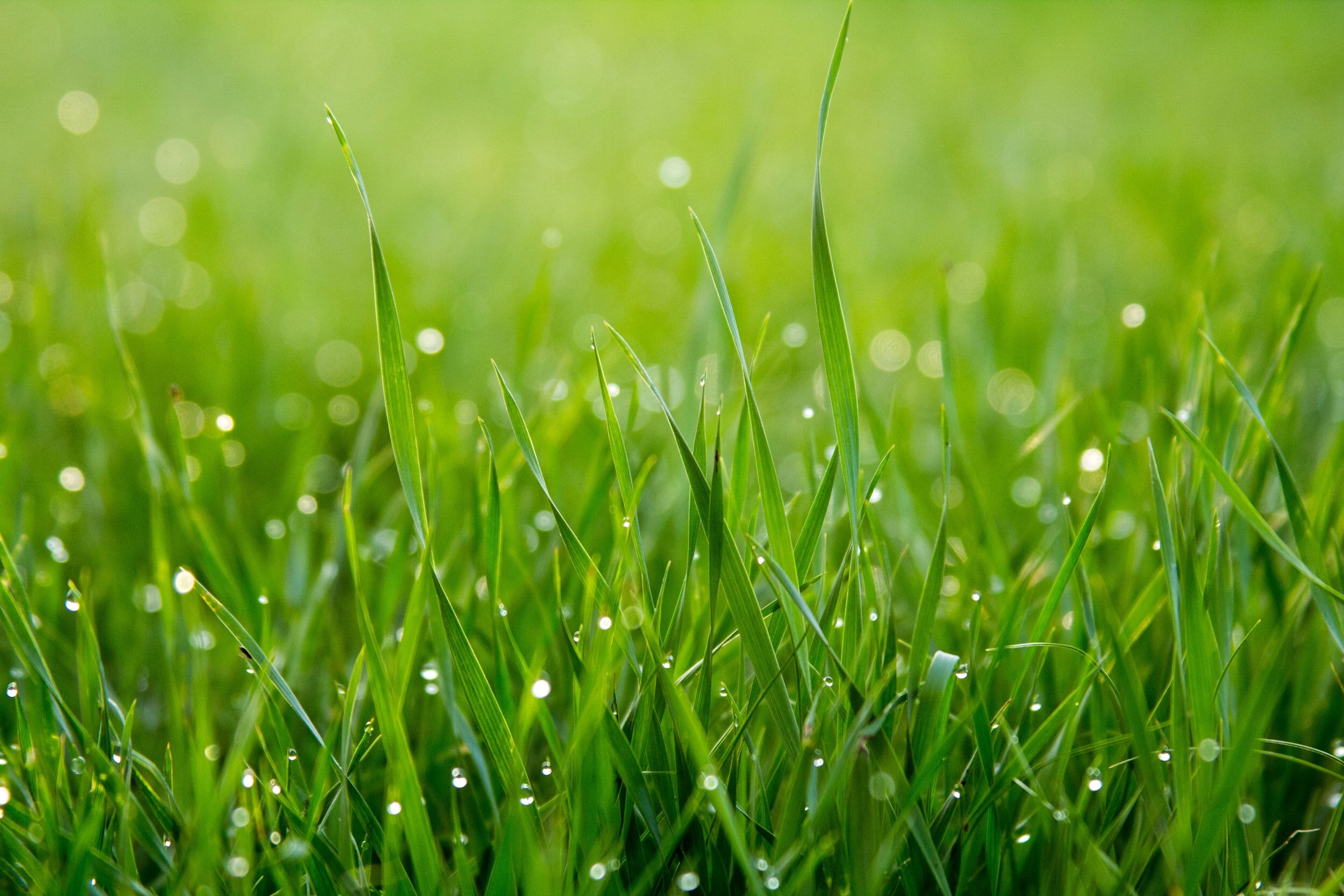What does Climate Change have to do with me?
By George Atchley
Our desire to have the most beautiful yard and garden feeds our egos, and increases our property value in the short-term. But, once nature gets involved, what are property values going to be worth? Algal blooms and fish kills certainly won’t make our communities the vibrant places we’ve tried to create.
The recently released United Nations Intergovernmental Panel on Climate Change report again alerted the world that climate change is reaching a tipping point. The nitrous oxide concentration in the atmosphere increased by 30% between the 1980s and 2016. The use of nitrogen fertilizers contributed greatly to this increase. Aerosols produced from agricultural emissions, released after nitrogen fertilizer application and from animal husbandry, influence surface air quality and make an important contribution to surface PM2.5 in many densely populated areas.
Nitrates (NO3) are chemicals that are prevalent in fertilizer. Excess NO3 from fertilizer can travel to rivers and lakes via storm runoff or groundwater flow. Pavement and other impervious surfaces prevent the absorption of NO3 into the soil and vegetation. NO3 runs into gutters and storm drains and can be carried by stormwater directly into nearby bodies of water, where it can over-nourish the water and cause algal blooms. The algal blooms then use up most of the oxygen in the water, creating hypoxic (low-oxygen) conditions that cause fish and other animals to suffocate and die. The algae can also block out sunlight, making it impossible for plants to grow. Thus, the use of fertilizers combined with impervious surfaces in urban areas can severely impact the animals and plants in nearby bodies of water.
If knowledge is truly power, each of us can continue to gain knowledge in this area. The information age can certainly be used for good. Then, once we know, what could the limits be?
What’s happening where you are?
You can keep tabs on what is happening to our waterways. The Florida Department of Environmental Protection offers a map of current algal bloom testing.
For another perspective, Jacksonville has a map of stormwater drainage areas in the city. Knowing where they are, and how your property plays a part can surely help.
Awareness of the problem is only the first step
You can do your part to reduce stormwater runoff pollutants. These tips from the University of Florida Institute of Food and Agricultural Science (IFAS) will help you take step two, and keep stepping.
Amend soil with compost and other organic amendments to build the soil, provide nutrients, and increase waterholding capacity.
Avoid fertilization when heavy rain is likely. Edible crops are exempt from restrictions mandated by the Florida fertilizer ordinances. However, be aware that nutrients from fertilizer can leach from the soil and pollute water bodies.
Promote an ecological approach where pests are controlled naturally using insect predators. This means no “routine” pesticide applications. Several products are available. Among them, mosquito control with Dynatrap.
If a chemical spray is needed, choose organic before synthetic pesticides. Products like horticultural oils, botanical soaps, and microbials are the least harmful to humans, pets, and wildlife.
Collected rainwater in rain barrels can be used to water your nonedible flowers, shrubs, and trees in other areas of the yard. Rainwater collected from roofs is not recommended for edible crops due to the possibility of contamination from pathogens and chemicals from roofing materials. Additionally, some regions have laws prohibiting rainwater collection, so you should always check local ordinances before implementing any system.
Use permeable materials for walkways to increase water infiltration.
Construct berms and swales to reduce erosion and direct water to your plants.
Conclusion
Everyone wants to be able to do whatever we want on our property. But we also have property responsibility — including taking care of the waterways that add to the beauty and charm of our communities. We all can do our part to protect them, and ensure that they will be there for everyone, forever.

